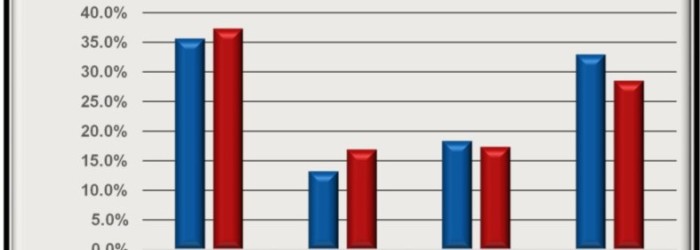
A few months ago, we looked at typical characteristics of teachers, based on the two middle letters of type, function pairs. Function pairs provide a great deal of information about how type makes teachers tick, but they are certainly not all there is to the story of type and teaching. The attitude pairs, the first and last preferences in the 4-letter Myers-Briggs® type, play a role as well. In fact, these preferences will often set the tone for whether the classroom environment has a more structured tone, a more laid back vibe, or something in between.
Below is a graph of percentages of high school teachers and university instructors by attitude pairs, and below that you’ll find descriptions of the attitude pairs in action. One thing that you may notice is that, at least in these two types of teaching, Perceiving types are a major minority. They make up only 31.5% of high school teachers and 34.2% of university professors.
| IJs | IPs | EPs | EJs |
|---|---|---|---|
| •Make up 35.6% of high school teachers. | •Make up 13.2% of high school teachers. | •Make up 18.3% of high school teachers. | •Make up 32.9% of high school teachers. |
| •Make up 37.3% of university professors. | •Make up 16.9% of university professors. | •Make up 17.3% of university professors. | •Make up 28.5% of university professors. |
| •Due to the tendency to focus inward, will likely control classroom activities by sticking to what they have planned and selected for the class to study and learn. | •Due to the tendency to focus inward, will likely control classroom activities by sticking to what they have planned and selected for the class to study and learn. | •Due to the tendency to focus outward, will likely allow the mood and environment of the classroom and students to have some control over lessons. activities, and options. | •Due to the tendency to focus outward, will likely allow the mood and environment of the classroom and students to have some control over lessons. activities, and options. |
| •The Judging preference generally contributes a tendency towards scheduled assignments and classes, mile markers for projects, and and a generally structured classroom. | •The Perceiving preference generally contributes a tendency towards flexibility in assignments, tasks, and conversations, along with an environment that is more physically alive and interactive. | •The Perceiving preference generally contributes a tendency towards flexibility in assignments, tasks, and conversations, along with an environment that is more physically alive and interactive. | •The Judging preference generally contributes a tendency towards scheduled assignments and classes, mile markers for projects, and and a generally structured classroom. |
| •The two preferences in this pair will typically work together to intensify each other, making this pair likely to provide the most structured classroom environment of the 4 attitude pairs. | •The two preferences in this pair will typically tone each other down with a mix of internal focus on the instructor's objectives and an external tendency towards a living and flexible environment , making this pair likely to provide the second most flexible classroom environment of the 4 attitude pairs. | •The two preferences in this pair will typically work together to intensify each other, making this pair likely to provide the most flexible classroom environment of the 4 attitude pairs. | •The two preferences in this pair will typically tone each other down with a mix of student focus in the moment and a previously organized structure, making this pair likely to provide the second most structured classroom environment of the 4 attitude pairs. |
Any current or former teachers come to mind while reading this? In truth, you’ve likely had teachers in the past that had a teaching style not in fitting what that teacher’s type, and that is because many of the amazing teachers out there have learned that flexing one’s own style may help more students learn in the classroom environment.
After reading through this article (or both of the teaching articles) what teacher type do you think best fits your learning style, whether it’s your type or another. Feel free to leave your answers in the comments section below, and thanks, as always, for reading.

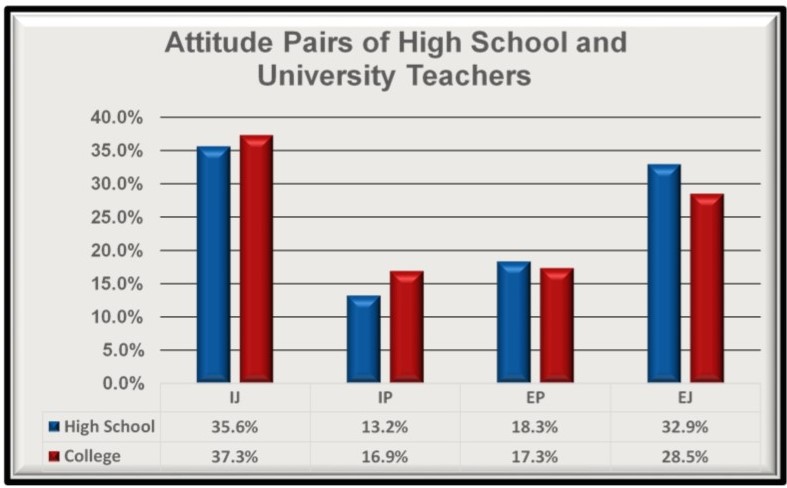


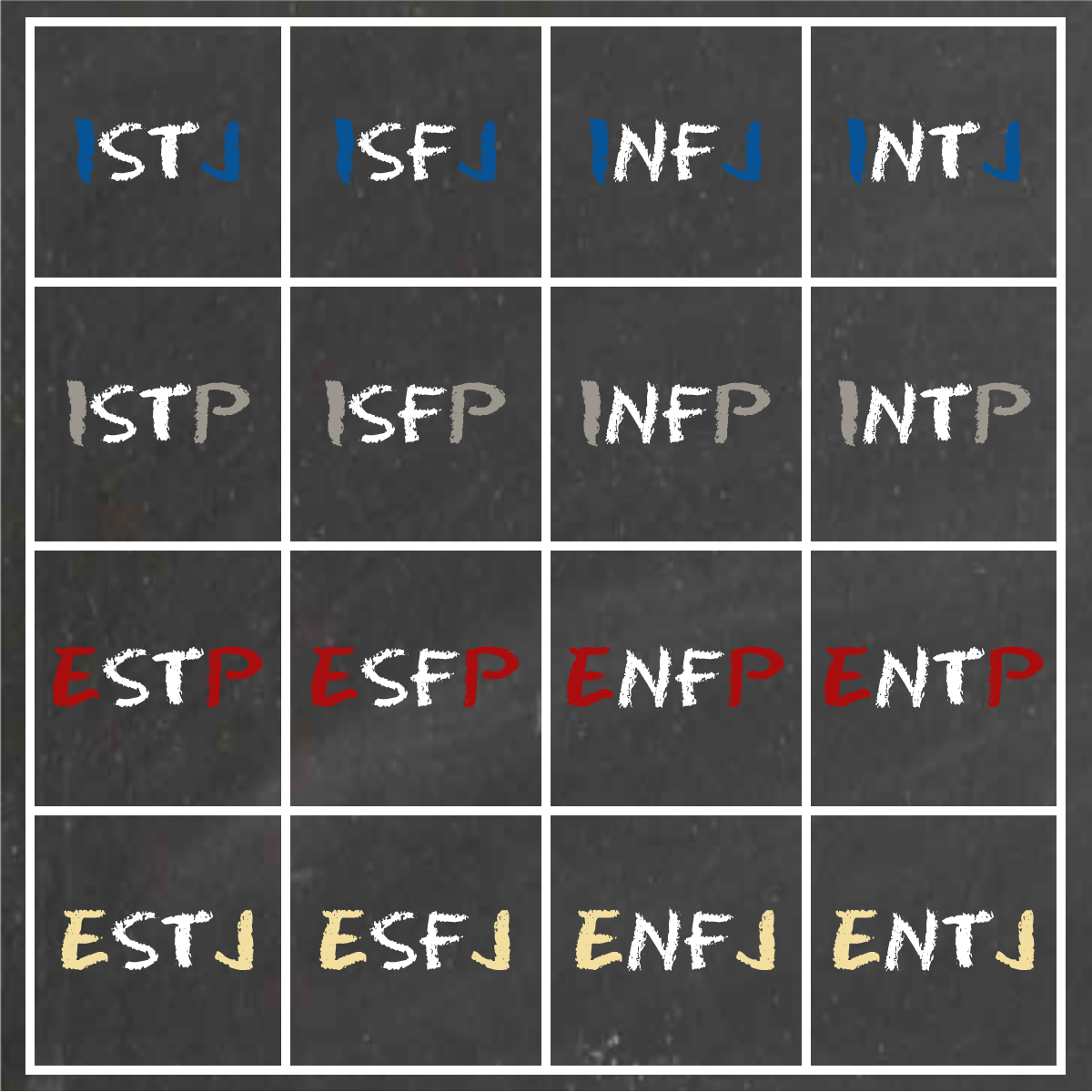
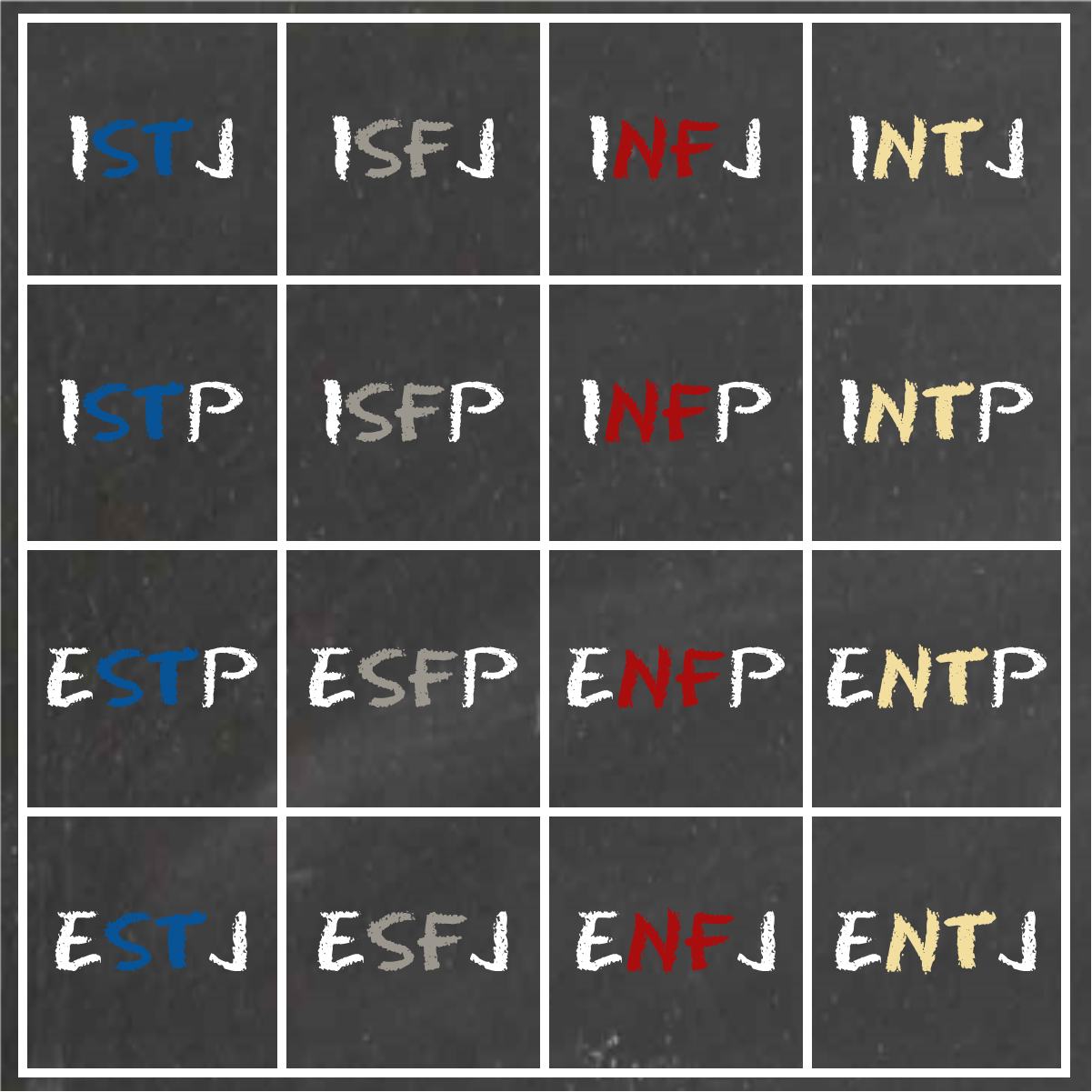

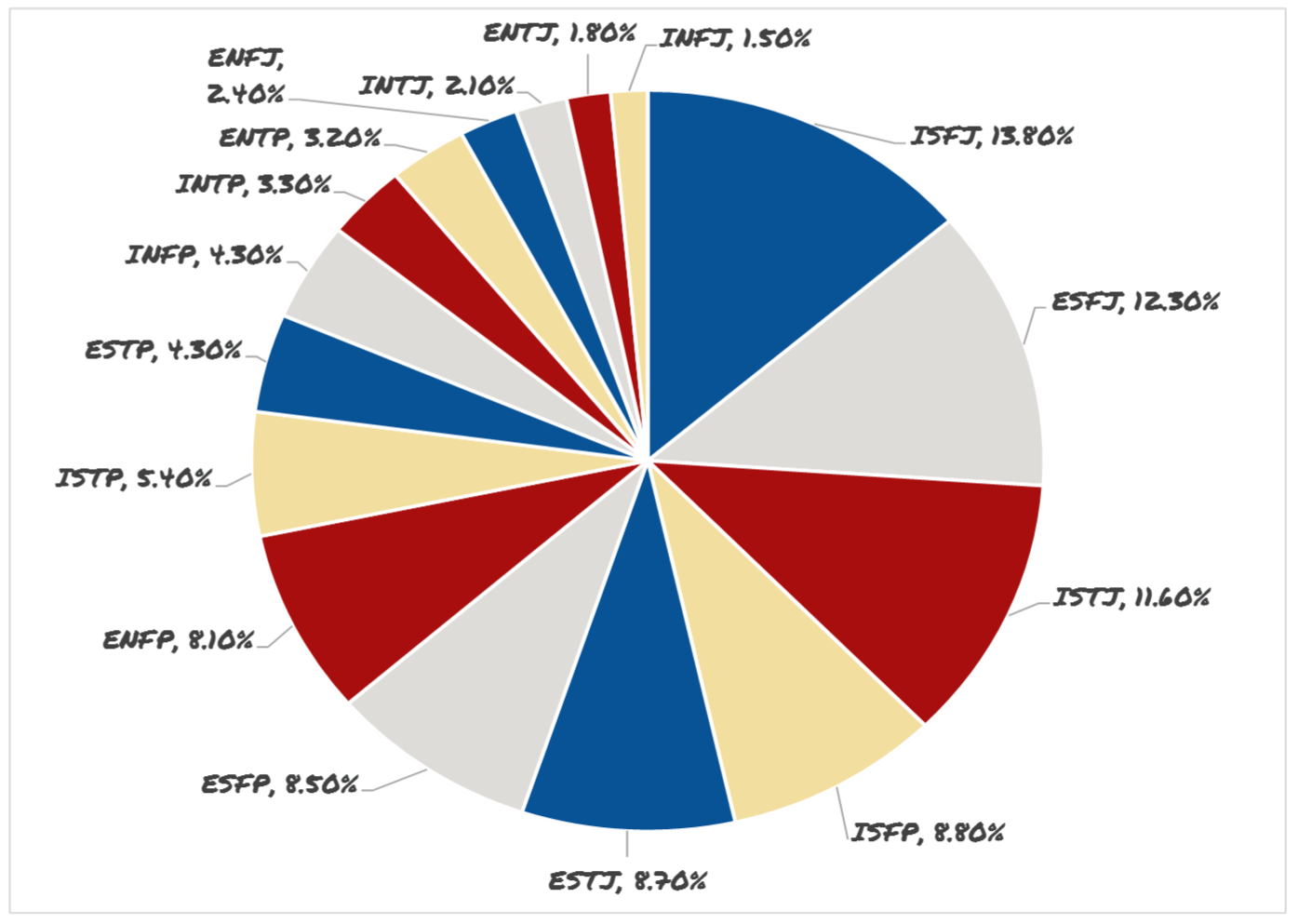
waxaan la yaabanahay ilaa iyo maalintaan ogaaday my personality type.
hadaan ogaan lahaa waxa àan ogaaday waa hore wax badan baan hubaa inaan wax ka bedeli karay.
Asc :
Abdullahi, I appreciate you reading and commenting! 🙂 I am having a hard time understanding what you wrote, because of Google translator. Are you asking if things would be different for you if you have known about type earlier?
Yes. After I exercise my strength and my weakness
if I want to brief. my education state.
1) I don’t have any degree of University, even I don’t finish my high school and I quite after I fail my frist year of high school, and travel and discover new experience in my life, I weren’t know what is working with me because it was my early twentieth, and as I mentioned above I was not having any perfect language but I communicate with all people I have made and they all confirm that they don’t know how I use to get the most solution when situation appears. but they all gather in one thing, which is; I am somebody who has a good brain and smart.
so now when I get to know my personality type I said to myself ,Abdullahi, if you were someone who at least learn something. maybe today like we have another Albert Einstein, or one of the most INTP Personality ever.
I wish you could understand my simple English.
thanks for your concern :
This makes more sense. I have known a lot of INTPs who either struggled in or didn’t like school because they were either bored, didn’t think in the way many teachers taught, or simply preferred to learn in their own way. INTP is often described as the “genius type”, due to how it functions. While not all INTPs are geniuses, of course, I think their way of thinking is often much more appreciated later in life, after finding a niche they can focus on in their own way. You may have found school more satisfying if you had known your type, but, depending on what you want to do, schooling may not be as important as the natural abilities of your brain! I hope this helps, or at least addresses your issue.
Dear Sir/Madam:
I want to tell how I see things. Example : as you heard my name. you can image or know that I am Muslim person,
so here is not the matter, the matter is, I newly become really Muslim and I see big problem which every Muslim wishes to solve it, and yet see anyone solve. but within this short period I find the solution. but I need someone who will stand by my side.
notice: I MENTIONED ABOVE, ABOUT MY RELIGION AND I WANT TO CLEAR IT HERE. THAT I MENTION IT. BUT I AM NOT RACISM:
thanks for your concern :